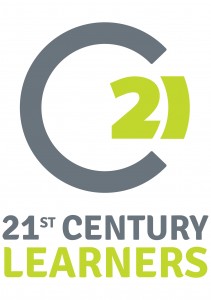
Relationship educates
As they put to sea at the beginning of a new academic year, here’s a maxim that educators everywhere might like to hold tight to: relationship educates.
Relationship educates. Thanks for the truism! Relationship educates? What does that even mean? I came across the phrase while reading Kenneth Kramer’s ‘Learning through Dialogue’ in which he reflects on the relevance of Martin Buber’s teachings to modern education. Buber, an Austrian-Jewish scholar of the early to mid-twentieth century best known for his work ‘I and Thou’, believed that it is not the teacher alone, but the lived relationship between the teacher, the student and the text (the material to be studied) that educates.
(more…)


